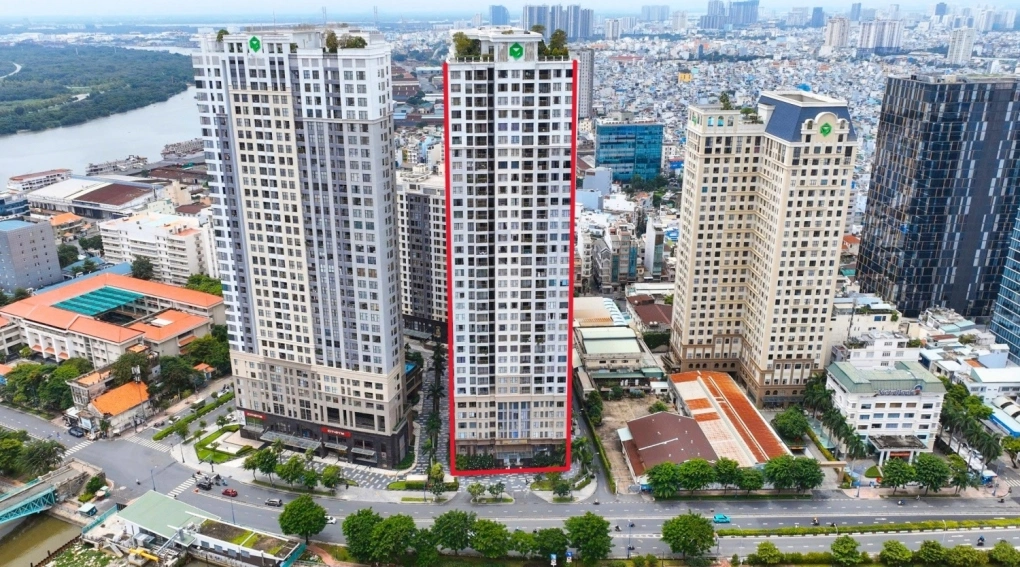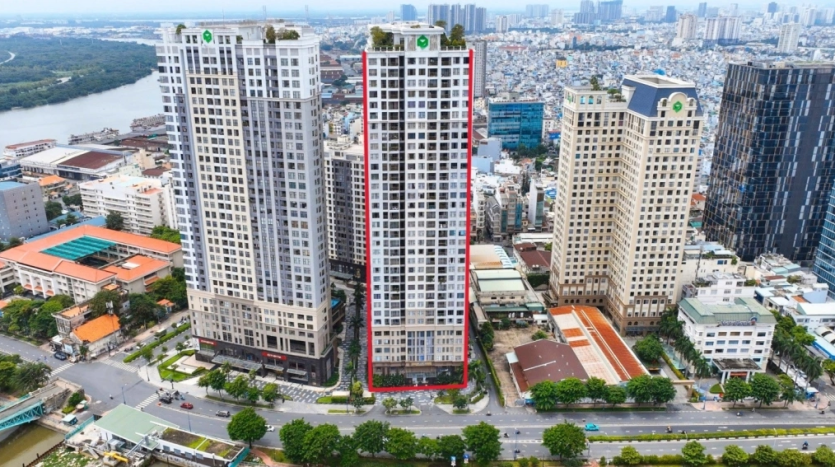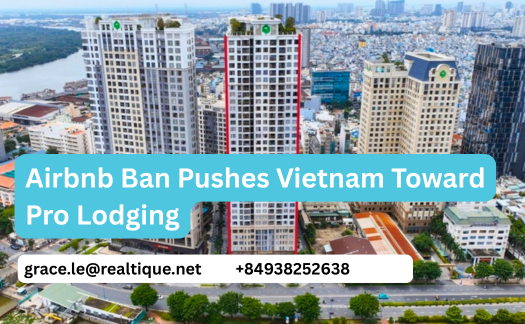Airbnb Ban Pushes Vietnam Toward Pro Lodging
Vietnam’s Airbnb ban in apartments sparks concerns, but experts see a chance to professionalize the short-term rental market for sustainable tourism growth.

Table of Contents
Airbnb Ban: A New Chapter in Urban Lodging
In March 2025, Ho Chi Minh City took a bold regulatory step by banning short-term rentals such as Airbnb in condominium buildings. While this decision has sparked concerns among property investors and condo owners, experts believe it marks the beginning of a more professional and sustainable future for Vietnam’s hospitality industry.
Under the new regulation, renting out apartments for short stays — including hourly or daily rentals common on platforms like Airbnb — is no longer permitted in residential condominiums. This policy, expected to be rolled out nationwide, aims to enhance building security, maintain the integrity of residential facilities, and reduce disputes among residents.
A Shift to Professional Rental Standards
Mauro Gasparotti, Senior Director of Savills Hotels Southeast Asia, emphasized that while Airbnb expanded accommodation options for travelers, it also created a wave of regulatory and operational issues. “Airbnb in condos has disrupted the traditional lodging sector, adding pressure to hotels and serviced apartments while raising concerns about safety, service quality, and building management,” he said.
According to Gasparotti, the impact of the Airbnb ban will vary across lodging types. Boutique hotels and legally operated serviced apartments (condotels) are likely to benefit most. These options offer comparable amenities to Airbnb but are already structured for compliance with local hospitality laws.
Legal Gaps in Airbnb-Style Rentals
The Vietnamese Real Estate Brokers Association (Vars) agrees with the direction of the policy. The Housing Law 2023 clearly defines apartments as residential spaces and prohibits commercial use, including lodging services like short-term rentals.
“Leasing apartments for transient stays is essentially a commercial activity and should be governed by professional standards — fire safety, guest management, and proper legal registration,” a Vars representative noted.
The lack of these standards in Airbnb-type rentals has led to overburdened building services, security risks, and mismanagement. “Condo management boards are not trained like hotel operators, making it difficult to track who comes and goes. This not only undermines service quality but can also pose serious safety concerns,” they added.
Vietnam's Rental Market After Airbnb Ban
While the policy is widely seen as a move to streamline urban lodging, it poses a dilemma for investors banking on Airbnb income. With short-term leasing off the table, many may see reduced rental yields or be forced to pivot toward long-term rental strategies.
Still, Savills predicts a bright future for legal, professionally managed short-term lodging. The void left by Airbnb could be filled by new, hybrid models such as branded residences on commercial land or fully licensed mini-hotels. These would cater to the same audience — tourists, digital nomads, and business travelers — while complying with government standards.
Ready to invest smartly in Vietnam’s real estate market?
📩 Reach out to Realtique for insider insights, expert guidance, and exclusive property deals tailored for international investors.







